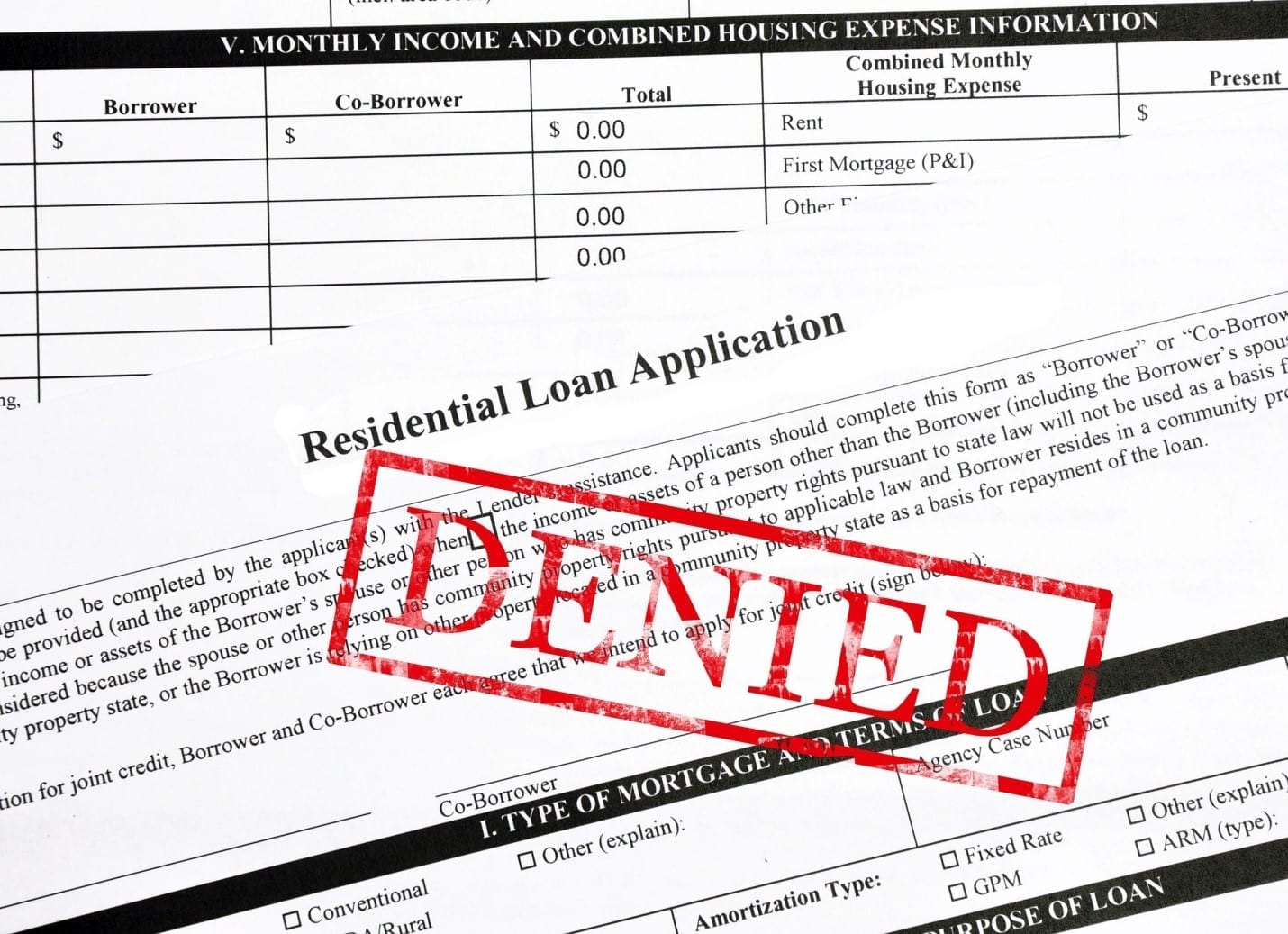How a Criminal Record Can Affect Your Life
Being arrested for your alleged involvement in a crime can be an upsetting experience in itself. Even if you manage to get the charges dropped or the case dismissed, you still have to go through lengthy, and often emotionally taxing legal procedures. And if you are unfortunate enough to be convicted of a crime, there may be prison sentences, jail time, or hefty fines to deal with.
Sadly, these consequences are just the beginning of how an arrest, charge, or conviction can impact your life. These criminal activities leave a stain on your permanent record, which can negatively impact your professional and personal life now and into the future. Below, I’ve listed some of the ways a blemished criminal record can impact you for the rest of your life.
Limited employment and volunteer opportunities. Employers and volunteer agencies have the right to conduct criminal background checks before and after hiring you. With a background check, they’ll be able to see any felonies or misdemeanors, current and past arrests, current and past court warrants, and federal and state bankruptcies. A private employer can legally fire you or refuse to hire you because of your criminal record, citing workplace safety or security as their reasoning.
Limited housing opportunities. Many landlords and property owners will screen prospective tenants before allowing them to rent property. In addition, many public housing authorities and agencies that offer subsidized housing will exclude applicants or evict current tenants with past arrests and convictions on their records.
Limited education opportunities. The majority of universities and colleges collect criminal justice information on prospective students and consider the information in the acceptance process. In many cases, schools will deny entrance to a student with a criminal record for campus safety reasons. In addition, you may not be eligible for financial aid or grants from the government.
Limited loan opportunities. In some cases, certain crimes will prevent you from obtaining loans, such as a mortgage, small business loan, or a college tuition loan. Banks and credit unions also often have specific rules in place for determining who is eligible for a loan, and may require successful loan applicants to have a clean criminal history.
Many people mistakenly believe that an arrest will have no lingering effect on their life if they were never convicted or if their charge was dismissed. But the reality of the situation is, any criminal arrest, charge, or conviction may appear on a criminal background check, barring you from jobs, housing, colleges, and loans.
Happily, there are two ways to clean a criminal record in Illinois—record expunging and record sealing. Though both have notable differences, record sealing and expunging both share the common purpose of having your record destroyed or made inaccessible to the general public. If you have your record successfully expunged or sealed, it cannot be accessed by prospective employers, landlords, college admission boards, and the like.
If you are worried about your criminal record limiting your future prospects and opportunities, having your record sealed or expunged may be your best solution. The multi-step process of petitioning to have your record sealed or expunged is lengthy and often complex, so it’s best to approach it with the aid of an experienced criminal lawyer. A criminal defense lawyer who has successfully navigated the expunging and sealing processes many times before can help you determine your eligibility and properly file a petition, ensuring more favorable odds for success.
About the Author:
Andrew M. Weisberg is a former felony prosecutor who now serves as a defense attorney in the greater Chicago area. He has extensive experience in handling all types of criminal cases, from sex offenses and domestic violence to retail theft-related crimes, Murder, and drug crimes.







 Blog Home
Blog Home 











